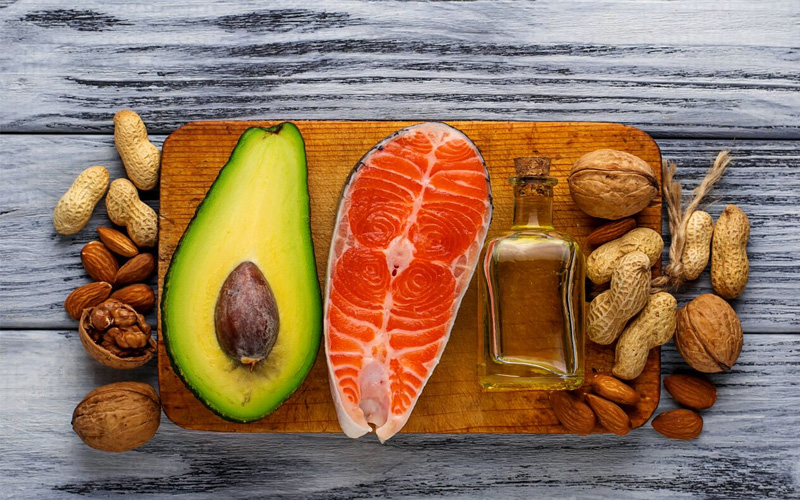Far from being something that only affects teenagers, from acne to the odd pimple can strike at any age, BBC Good Food Middle East looks at foods that can have a positive or negative affect on your skin The role of diet and hormones Recent studies have shown a correlation between excessive sugar consumption and …

Far from being something that only affects teenagers, from acne to the odd pimple can strike at any age, BBC Good Food Middle East looks at foods that can have a positive or negative affect on your skin
The role of diet and hormones
Recent studies have shown a correlation between excessive sugar consumption and acne. According to studies, sugar (simple carbohydrates, rather than complex carbohydrates) can cause an insulin spike, which can then cause a hormone imbalance (in both men and women) which in turn causes excessive sebum production, leading to bacterial infection under the skin, manifesting as spots or acne.
A recent study of women with acne showed a 20% drop in excessive testosterone levels in just seven days, when they switched to a low glycemic diet. Meanwhile, an Australian study focused on men with acne, showed that a low glycemic diet improved skin in the test group. As a result, some experts recommend a low glycemic or paleo diet to help combat acne.
Some studies show that caffeine, alcohol and dairy can also negatively affect the skin. In particular, a 2013 study in the UK showed that milk had an inflammatory effect on acne “through an associated increase in insulin levels”, whereas Dr. Jessica Wu from Harvard Medical School argues in her book Feed Your Face that all forms of dairy should be avoided, along with foods high in iodine.
Foods that could help the skin
Healthy fats
Omega 3 fatty acids are essential for healthy skin. It can be found in plenty of foods such as oily fish, flaxseed and cod liver oil.
Cruciferous vegetables
These dark green low GI vegetables are full of nutrition. Including broccoli, kale, and many others, they’re high in Vitamin A, magnesium which both support skin health, and have a range of other nutritional properties.
Zinc
Studies have shown that many people with acne often suffer from zinc deficiency, which is believed to exacerbate inflammation. Good food sources of zinc include lamb, beef and oysters.
Water
Despite being a cliché, stay hydrated is key to keeping skin clear. The US Institute of Medicine recommends that men should drink 3.7 litres and women 2.7 litres per day.
Other options
Visit your local doctor’s surgery or dermatologist, who will be able to advise you on the many diet and antibiotic options available for acne suffers.
